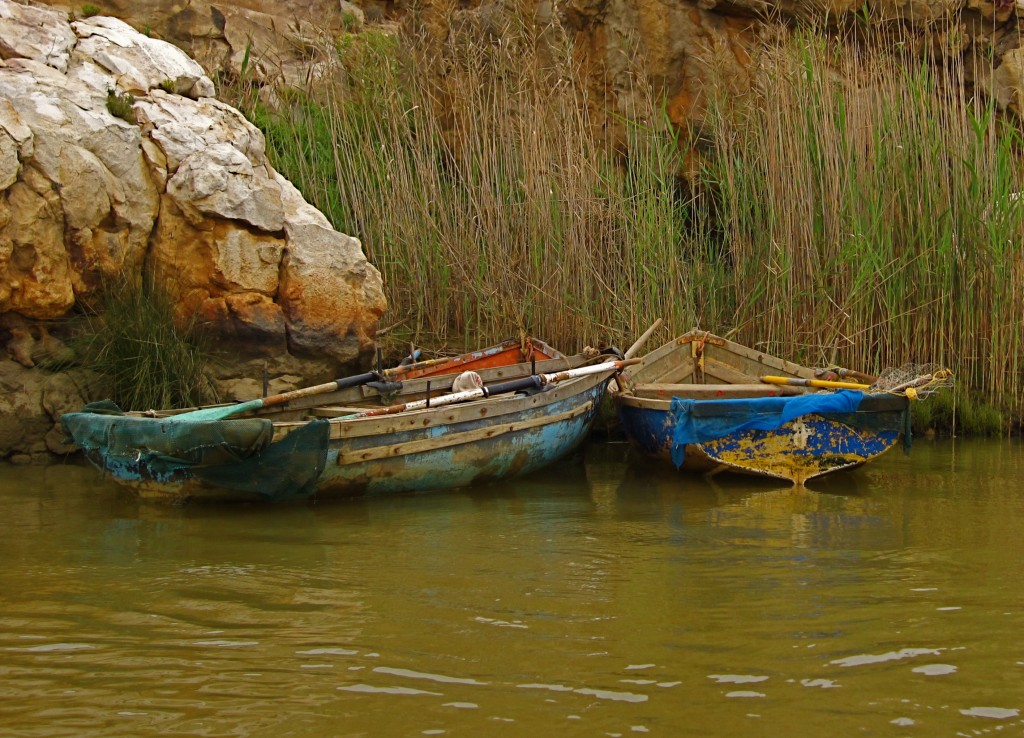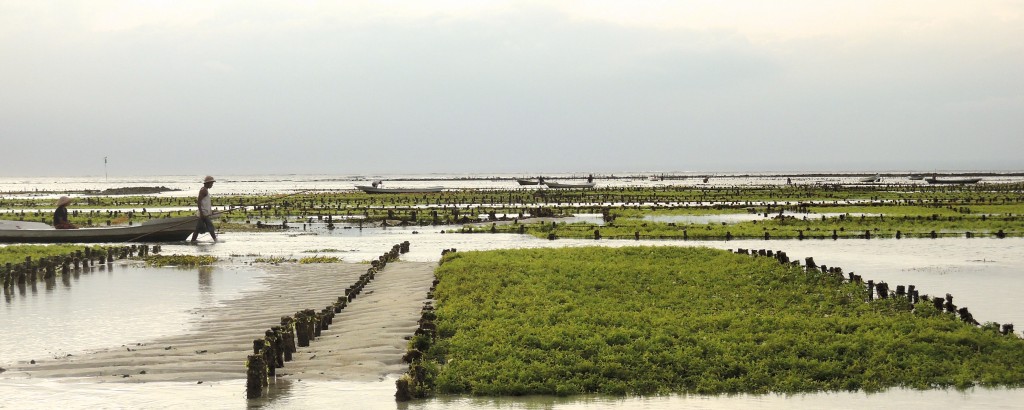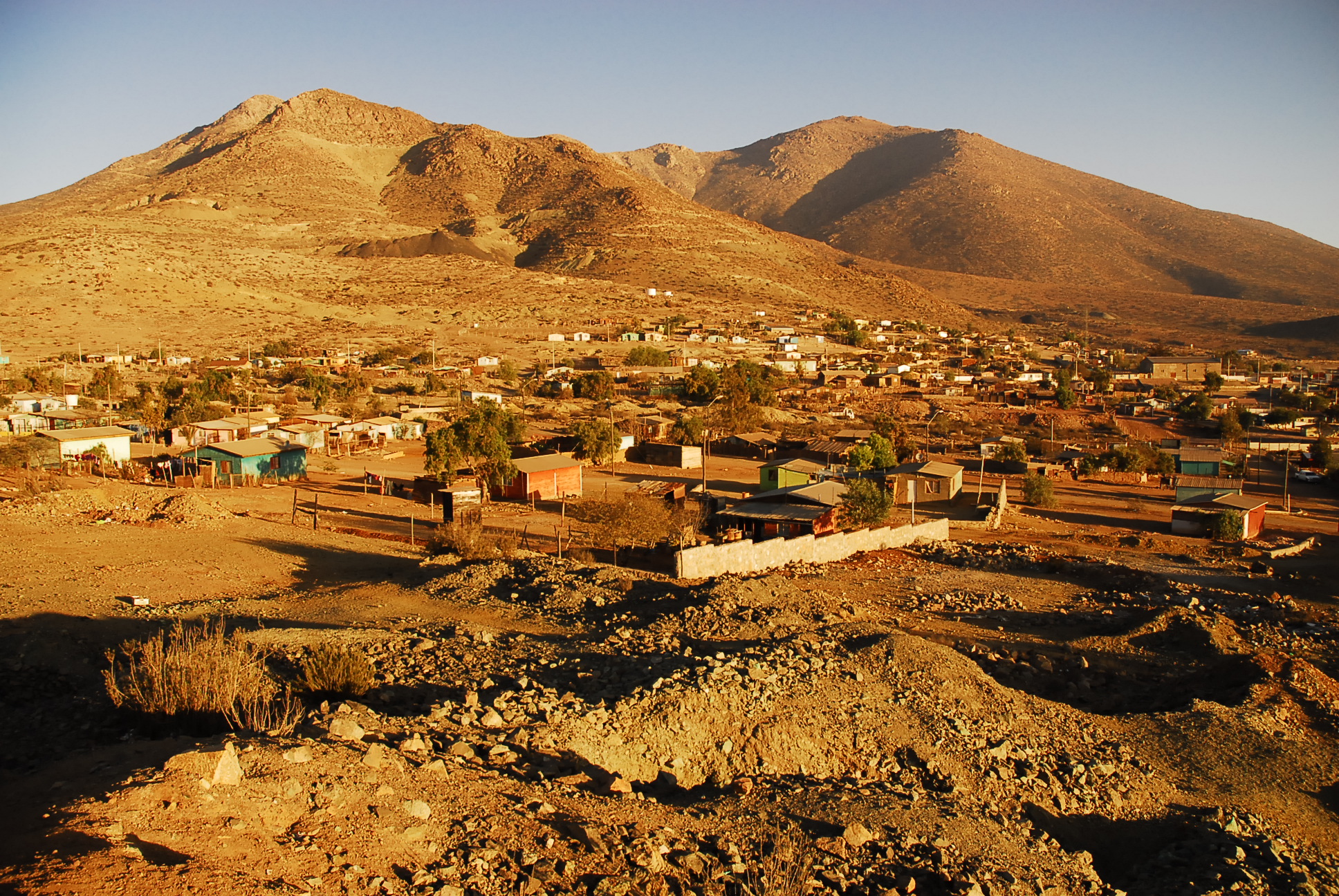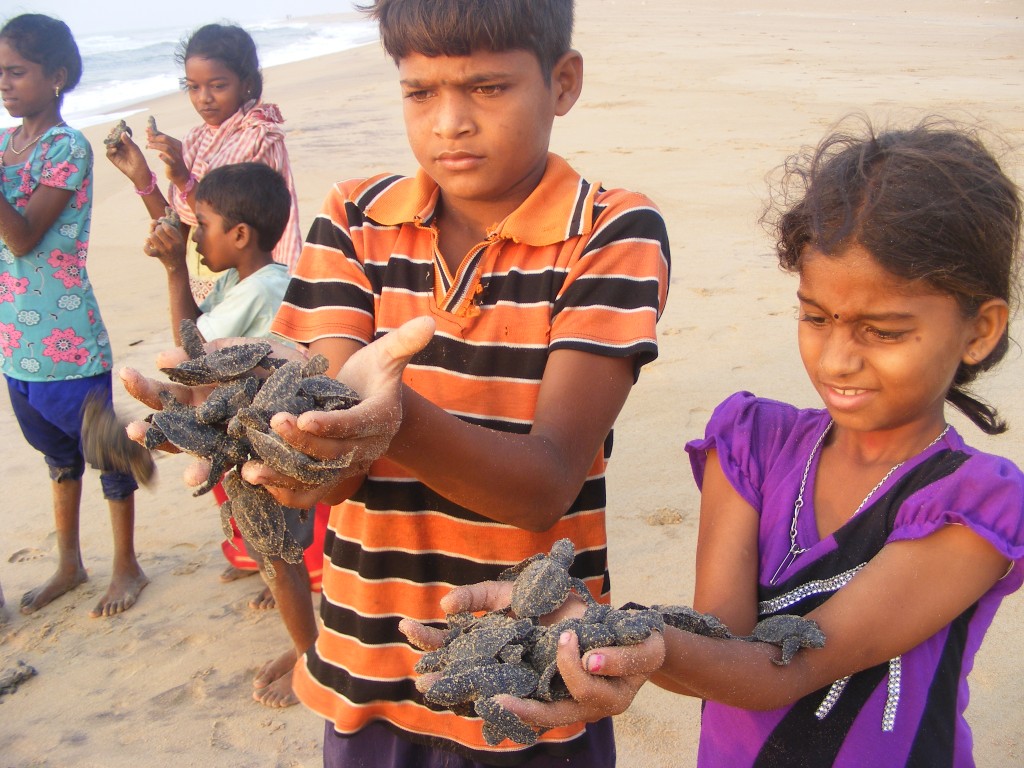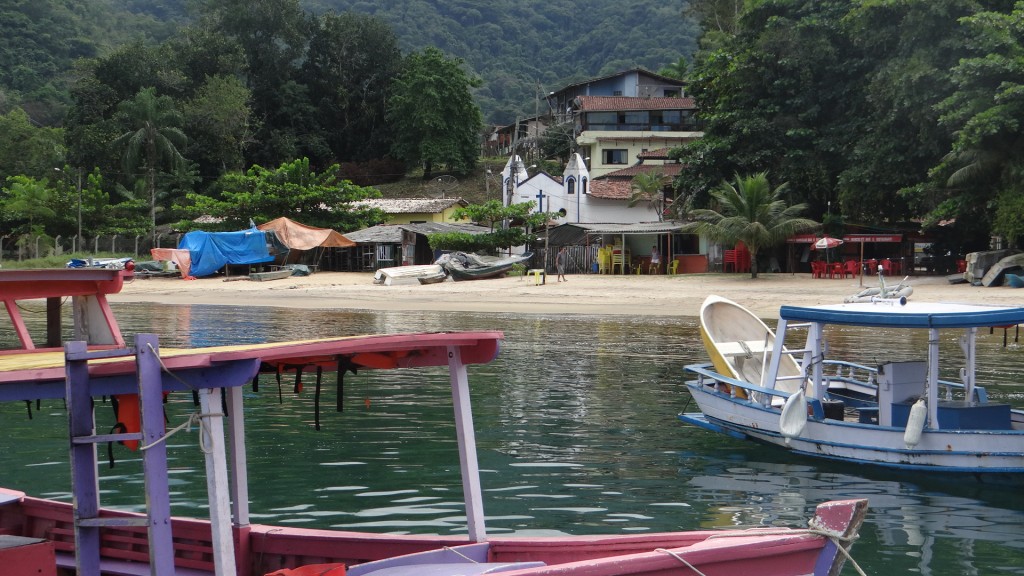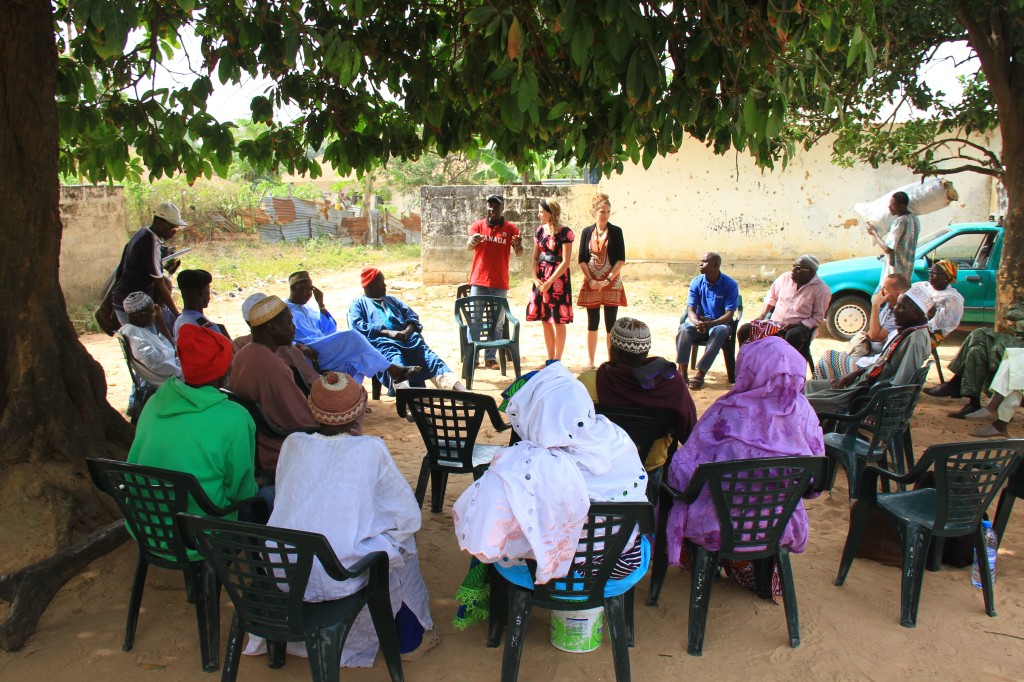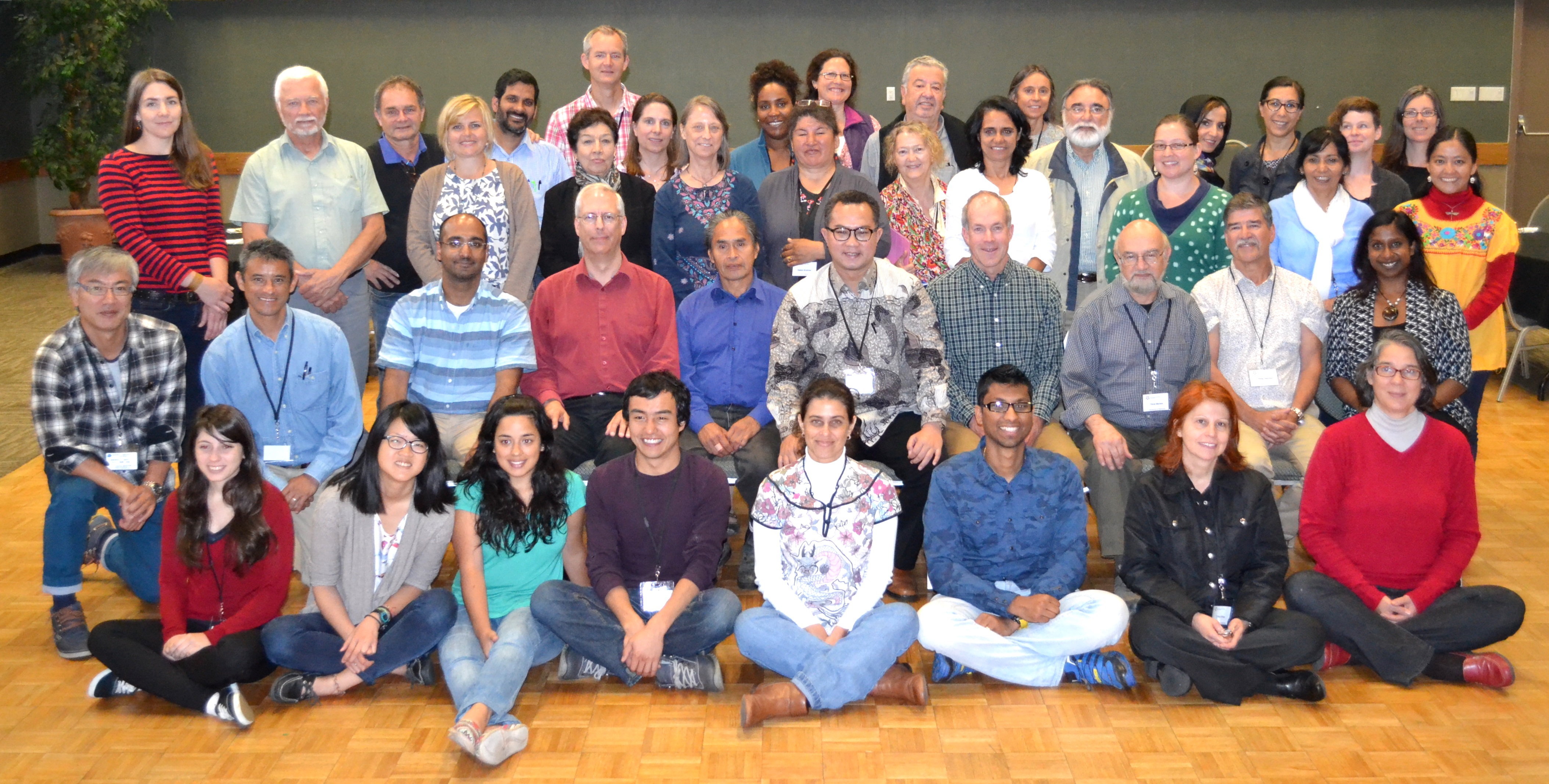Author: Hillary Web Designer
MOTHER OCEAN “What’s your relationship with the ocean?” – Voices from Okinawan Coral Reef Island
This short movie was produced to communicate scientific findings that describe the plurality of human-ocean relationships and their associated values on Yaeyama islands, Okinawa, Japan...
Introducing the Community Conservation Research Network
The Community Conservation Research Network (CCRN) is an international initiative to understand and support the links between communities, conservation and livelihoods. This video explores the CCRN, our innovative approach, and our unique goals....
Community-based responses to climate hazards: typology and global analysis
Barbara Paterson & Anthony Charles: The severity and frequency of climate change hazards are increasing around the world. Because the impacts are most acutely felt in local communities, it is critical to improve understanding of the response options that are available for and being chosen by...
Power and Politics in Community Conservation
Issues of power and politics are at the heart of community conservation which in turn influences its ultimate success and failure. Power is central to understanding processes and structures associated with resource and environmental conservation. This may be particularly important in the case of community...
Balancing social justice and conservation concerns in an era of expanded protected area targets
Marine Protected Areas (MPAs) are increasingly recognised across the world as an important strategy for protecting marine resources, conserving biodiversity, rebuilding threatened fish stocks and restoring degraded habitats. The value of MPAs has been discussed at various global gatherings such as the World Summit on...
International Environmental Law in the Context of Communities, Conflict, Conservation and Peace by Britta Sjöstedt and Elaine Hsiao
Nature conservation and protected areas have had a complex history with violence, conflict and peace. The advent of fortress model conservation created a legacy of disenfranchisement, coercion and human rights abuses, while wildlife wars are creating a new trend towards armament in the call to...
The significance of arts in community conservation: Lessons from Inuit art by Kaitlyn Rathwell
Inuit art reflects a cultural response to shifting sea ice and climate change. The Inuit people are tightly linked to ecological systems that include both land and sea. Vital as they are to community well-being, both land and sea ice are changing rapidly due to global climate...
Indigenous Engagement in Conservation by Larry McDermott
What are the fundamental principles of engagement of First Nations governments, organizations and peoples in community conservation, land use and resource management issues? How can these principles, such as respect, guide process and action? This talk will cover these questions, as well as what reconciliation means...
Rights-based approaches for community co-managed coastal resources by Juan Carlos Seijo & Minerva Arce-Ibarra
This webinar has two aims; firstly, it gives account of historical traits of the origin as well as on current debates on Rights Based Approaches (RBA) to the management of coastal resources; secondly, it addresses the context of RBA of three Mexican Caribbean case studies...
Intergenerational Knowledge Sharing of Conservation Values in Indigenous Communities by Dawn Foxcroft & Michelle Colyn
In this webinar, Dawn Foxcroft and Michelle Colyn discuss the power of intergenerational knowledge transmission between youth and elders and its connection to stewardship in Indigenous communities. As members of the Nuu-chah-nulth First Nation, along Canada’s West Coast, and working for Uu-a-thluk, Nuu-chah-nulth Tribal Council...
Conservation, Indigenous Livelihoods and Environmental Justice by Sadie Beaton
Join researcher and environmental activist Sadie Beaton as she describes her journey to better understand the meaning and motivations for environmental justice in Mi'kma'ki, the indigenous Mi'kmaq lands on Canada's Atlantic coast. This multimedia presentation will focus on a current environmental justice issue - resistance...
Community Resilience by Fikret Berkes
Dr. Fikret Berkes is a Distinguished Professor Emeritus in the Natural Resources Institute at the University of Manitoba and a core member of the Community Conservation Research Network team. Dr. Berkes is a leader in developing and applying the approaches of social-ecological systems, resilience, community-based management, adaptive co-management, indigenous knowledge...
Olifants Estuary, South Africa
The Olifant communities face several challenges to their livelihoods including threats to close the fishery and proposals to build a mine adjacent to the estuary. Working with their community partners, the Olifants Estuary fishing communities are addressing these challenges...
Bali, Indonesia
Bridging organizations can contribute to a more balanced conservation effort through collaboration, communication and resource sharing – all of which include and resonate with local communities....
Coquimbo Region, Chile
The Coquimbo Region's climate is semi-arid with scarce rainfall. The increasing water scarcity is particularly challenging for the Coquimbo Region’s communities as many make their livelihoods from agriculture and goat farming....
Odisha, India
Due to a number of factors, Odisha is one of the poorest states in India. The Samudram Women’s Federation, a state level federation of women fish workers and a social enterprise, is working to reduce poverty and protect biodiversity....
Paraty Bay, Brazil
In Paraty, the Caiçara communities include Tarituba, Praia do Sono, and Trindade, each of these communities face different challenges and are working towards different solutions. ...
The Gambia, West Africa
In an attempt to protect local forest reserves, community members in Tujereng, The Gambia, have pursued the government’s Community Forestry Programme (CFP), seeking new ways to sustain and expand local conservation efforts....
CCRN in Canada
Learn about the community-based conservation and sustainable livelihoods initiatives of coastal and inland communities taking place at our study sites across Canada....
CCRN in Asia
This video shares insights of our sites in Indonesia, Thailand, Japan and Kyrgyzstan. Check out how communities in these countries attempt to better improve their local environment and sustain their livelihoods. This video focuses on a community-based fishery, tourism and culture preservation programs in Asia....
CCRN in the Global South
Find out more on how our work in Mexico, Chile, Brazil, The Gambia and South Africa has helped in balancing and promoting sustainable community development in these local communities. This video focuses on various local challenges: such as, balancing environmental conservation, water management, and community...
CCRN Study Sites
The Community Conservation Research Network (CCRN) shares Community Conservation and Sustainable Livelihood insights from over 25 study sites in over 15 countries around the world. This video from 2014/2015 shares insights from eleven different study sites....
International Research Coalition Issues Warning:
June 9, 2015. A global network of researchers from universities, aboriginal organizations, and community groups is calling on governments, businesses and other organizations to ensure a strong role for local and indigenous communities in decisions about natural resources....
Nuu-chah-nulth Stewardship Photovoice Project
What does Uu-a-thluk or “taking care of” the environment, mean to you?...
- 1
- 2



